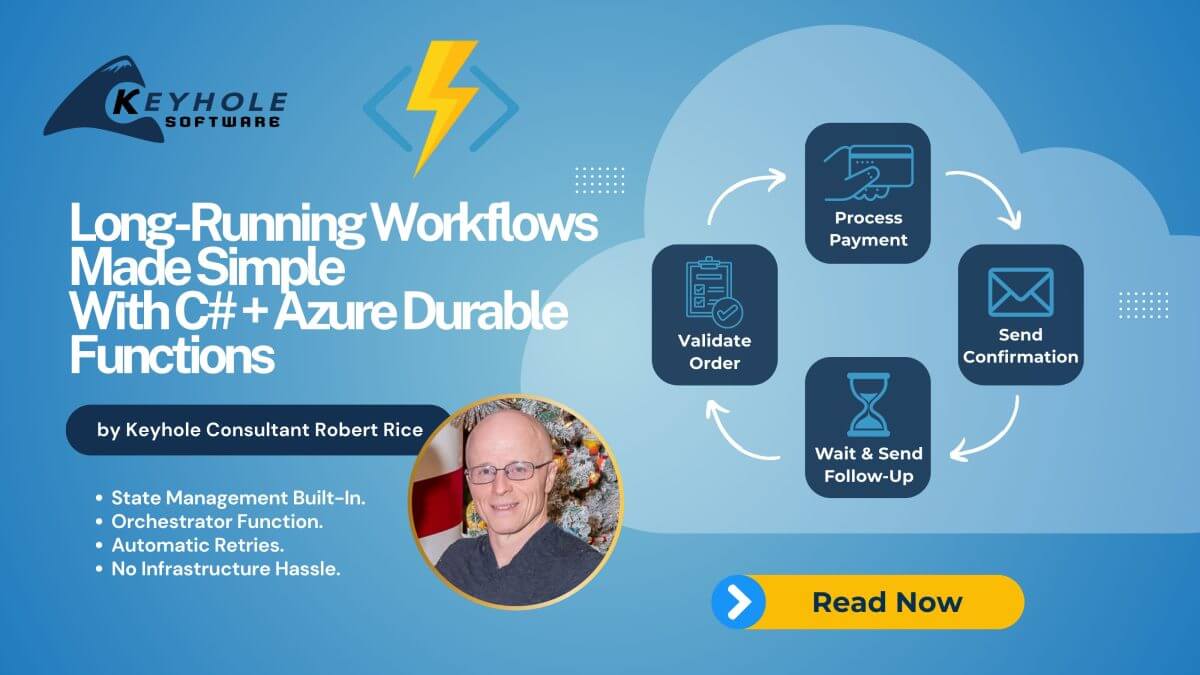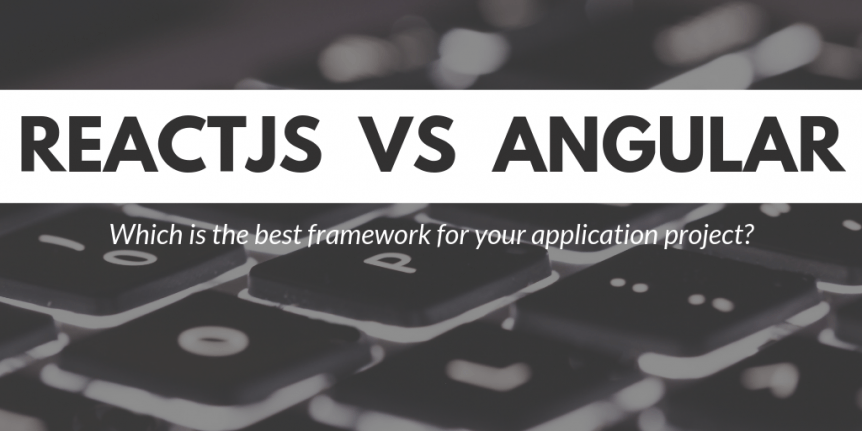Both React and Angular are very popular front end development frameworks. In this post, I will discuss the similarities and differences between the two, and consider when one should be used instead of the other.
React is an open-source JavaScript library introduced by Facebook to build dynamic user interfaces. It is based on JavaScript and JSX (a PHP extension) and is considered widely for developing reusable HTML elements for front-end development.
Angular is an open-source front-end development framework powered by Google. It is a part of the MEAN stack and is compatible with a large number of code editors and is considered for creating dynamic websites and web apps.
In this post, we will begin by going over the benefits of React and Angular, then break down the differences between the two frameworks using thirteen attributes. By comparing each framework side by side, it can help decide which is the best framework for your specific app project.





